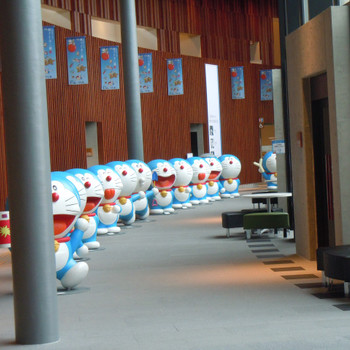Why was the invention of penicillin so important in the context of WWII? What were some other advances in medicine that were important during the war?
2 Answers
Combating post injury infections
Explanation:
Prior to the discovery of Penicillin the survival rate of trauma injuries was comparatively low (but had been increasing since Lister discovered antiseptics and cleanliness became standard in medical facilities)
But battlefield wounds are almost inevitably incredibly dirty wounds - oil and powder residue on the projectile, fragments of dirty clothing carried into the wound etc - so the likelihood of infection was extremely high - Penicillin was able to fight these infections to a large extent
Other advances - McIndoe's treatment of deep burns and reconstructive surgery https://en.wikipedia.org/wiki/Guinea_Pig_Club
Discovery of Sulfanilamide to combat infection
Blood Plasma - Although proposed in WW1 it wasn't available until WW2
Use of Morphine although used in WW1 it was extensively used in WW2
Recognition of PTSD (but called "Battle Fatigue") - no longer were sufferers accused of cowardice. (Not well handle by the US but other nations learned from there WW1 experiences).
Discovery of Penicillin as a cure for VD - and VD was a significant cause of loss of manpower to the armies particularly in Italy
Penicillin was one of the first consistently successful antibiotic to be mass-produced. The war pushed its production, as indeed war often accelerates the pace of technological development.
Explanation:
Infected wounds and inuries, and some diseases have always been extremely dangerous in wartime. Internal injuries where the intestines were penetrated almost always led to peritonitis; a failure or inability to debride foreign material in other wounds could result in tetnus; both of which were inevitably fatal. The antibioltic Penicillin was the first truely effective medicine in fighting both infections.
Similarly the Sulphonamides discovered in the 1936 played a key role in keeping the infection rate down in wounds, particularly when applied early on after a casualty occured.
Soldiers also live rough, in strange environments, and are often less than particular about who they sleep with -- malaria, denge fever, pneumonia, and the venereal diseases were all too common. Antibiotics were crucial in returning men to health swiftly.
There had been a revolution in public health and in nutritional science between the wars, and most militaries took advantage during the war. Although tens of millions of people died as a result of malnutrition during the war, very few soldiers did so long as their supply lines were intact.
Blood-typing and bloodbanks were new developments on the eve of WW-2 and played a key role in making surgery more successful.
There was also pioneering work done in the war on therapy for burn victims and on plastic surgery to rehabilitate critically burned aviators, tankcrewmen and sailors. Work in psychiatry and psychology had also been advanced between the wars, and was used successfully to keep servicemen functional for longer periods in battle.

